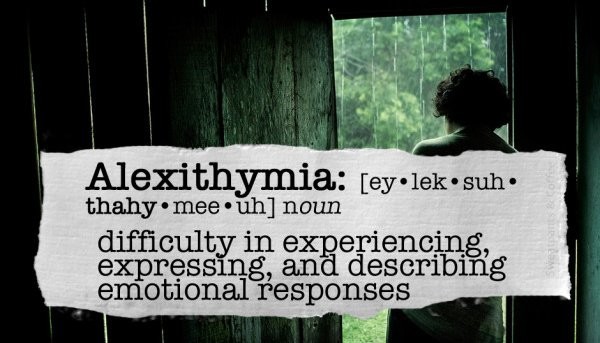Apparently there's a term for people who don't like music. They are called "musical anhedonic" - which seems a boring and over explanatory term. Anhedonia means lack of joy or pleasure from life's experiences, and I don't think that accurately represents my feelings about music now.
In this article, Michel Faber tells us that Nabokov didn't like music, writing:
Vladimir Nabokov reflected: “Music, I regret to say, affects me merely as an arbitrary succession of more or less irritating sounds.”
That's a bit like my experience listening to music. It's an unfunny part of my MS progression that music is often completely overwhelming to me. I find myself avoiding it, which makes me sad. For years I've played instruments, sung in choirs, attended concerts. Wallowed in music over the holiday season.
Now, though, I know to be cautious. Listening to music can completely exhaust me. It makes me cry, setting off my unreliable emotional response. It makes me have an increase in symptoms, spasms, pain. It does something in my irritated brain.
I don't see this much in the MS literature, but perhaps it goes with the general overwhelmingness of much sensory input - it's like my brain acts like a clogged drain, and if there's a whole sink of stuff trying to get in, the pipes back up and eventually the water overflows. I get a similar response in crowds and if too much is going on visually around me. Even touring Cape Breton during one of its spectacular autumn displays of colour can knock me out.
It's another thing that's hard to explain to friends of the non-MS variety. I used to love going to concerts. I can attend, but I pay for this with days of recovery. Nasty recovery.
So annoying.
But I still try. I do adore the sound of a bassoon, or the trill of a piccolo or even a good bass drum line to rock me forward into action. But it's a bit like burning my hand on a stove - I know it is going to hurt me. So I pick my exposures carefully, which makes me seem like a neurotic.
Ah well. I suppose, as with chocolate, I can try small doses and adjust as I respond. Maybe I should try those new earplugs that minimize sound...but then would I hear the heart-soaring crescendos of Beethoven, the arias of Freddy Mercury, the tiny sounds at the start of songs that draw you in? Only way to know is to try, I suppose.
And at least it gives me permission to shut off "All I want for Christmas is You!" with extreme prejudice...


